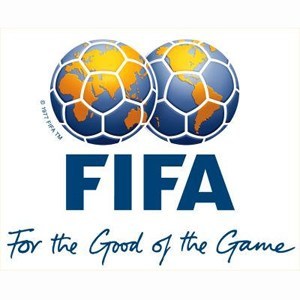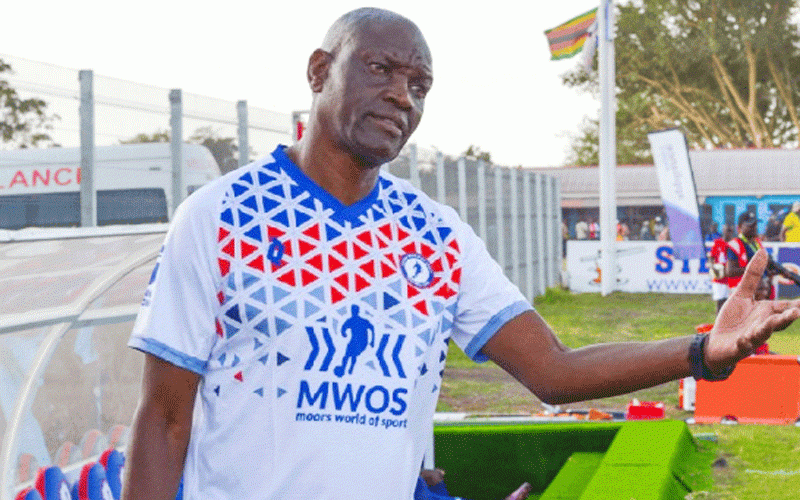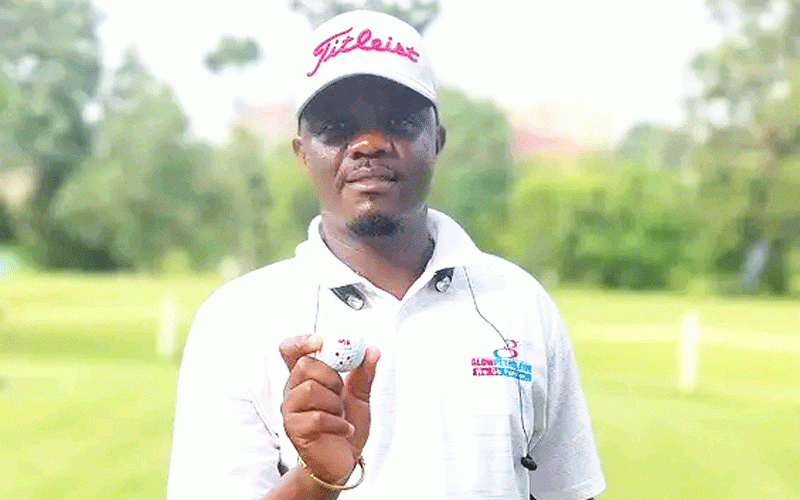
school of sport:with TIMA MIDDLETON
IN recent weeks Fifa, the world’s soccer body, held its annual Fifa Best Awards ceremony with the top awards going to the Best Woman Player (Megan Rapinoe), Best Man Player (Lionel Messi), Best Coach Women’s Team (Jill Ellis) and Best Coach Men’s Team (Jurgen Klopp). It is interesting that they also had various other Best awards, including Best Team, Best Goalkeeper, Best Goal and even Best Fan, which all makes you think: Where will it all stop? If there are those awards, should there not also be awards for the Best Throw in, Best Corner Kick, Best Tackle, Best Kick-Off? Then what about one for Best Goal Celebration, Best Appeal, Best Kit? Come to think of it, what about the Best Award for the Best Award? Do we really need all those awards (not least when soccer is a team sport, whereby individual performances are not to be highlighted)? What makes any of them the best?
The one award that is not there but that should be there is the award for those who try their best (but not for the best person trying his best). The fact is that everyone can try their best but not everyone can be the best — only one person can be the best. By having such awards, we are setting ninety-nine percent of youngsters up for failure, giving them an impossible target. What is entirely possible, however, is for each youngster to try his best; that is all. We cannot, after all, ask anyone to do more than his best, but they can all do their best.
Sometimes parents seek to drive, push, force, pressurize, their child to be the best. In fact, they almost expect their child to be perfect. We are left wondering why the parents are so driven and often conclude that it is actually only for the parent’s reputation. Once again, though, we come back to the statement that our child’s success (or lack of it) does not show what sort of parent we are, and that the best indication is found in other traits, the last of which is ensuring our child tries his best. Our role as a parent of a sporting child includes the crucial task of training him to try his best. Let us not confuse the situation: the coach’s job is to train our child in all areas of skills and tactics but our role as parents is to train him to try his best.
We need to help our child try his best when things are not going well. In such situations, a child is likely to want to give up, questioning the point of even trying when there is little chance of winning. Certainly nothing will be achieved if a child does not try but lessons will be learned by trying hard, even if results are not achieved. Similarly, though, and this is often forgotten but may be far more important, we need to help our child try his best when things are going well. When a team is winning easily, the temptation for the players is to slacken off, to take things easy or to be casual but none of that is helpful as it is not preparing the player for when tougher challenges do come. A player must learn to try his best even when he is winning, even if trying half-heartedly still brings about a result. Similarly, when things are very easy, a player may be tempted to do everything on his own and not play for the team, which again is not going to help when tougher opposition comes along. A youngster must learn to try his best at all times.
Dani Alves has had a hugely successful soccer career with, among others Barcelona and Brazil, but he has now returned to his club in Brazil though still with great ambition. In a recent interview he was recorded as saying, “Nothing in life is easy. If you want to reach your objectives, you have to make the effort.”
He went on to say, “Success is giving your best.… If you win without sacrifice, without effort, you will triumph with no glory at all.” To try with ‘oomph’, though, will lead to triumph.
So a parent has a wonderful opportunity to enable his child to try his best by getting him to try his best in everything he does at home, initially and especially the small, easy things, like making his bed, washing the dishes, tidying his room, cleaning his shoes, being on time. Parents must not try to provide short cuts for their child, making it possible for the child to succeed without trying.
- Chamisa under fire over US$120K donation
- Mavhunga puts DeMbare into Chibuku quarterfinals
- Pension funds bet on Cabora Bassa oilfields
- Councils defy govt fire tender directive
Keep Reading
If in soccer, there is an award for the Best Goal, so in rugby, there is likely to be an award for the Best Try. The Best Try, however, is the one that each child should show each time he plays – he must try his best. What about an award for the Best Parent? It will go to the parent who has developed a player that is “coachable, respectful, a great team mate, mentally tough, resilient and tries his best.”
l Tim Middleton is a former international hockey player and headmaster, currently serving as the Executive Director of the Association of Trust Schools Email: [email protected]











